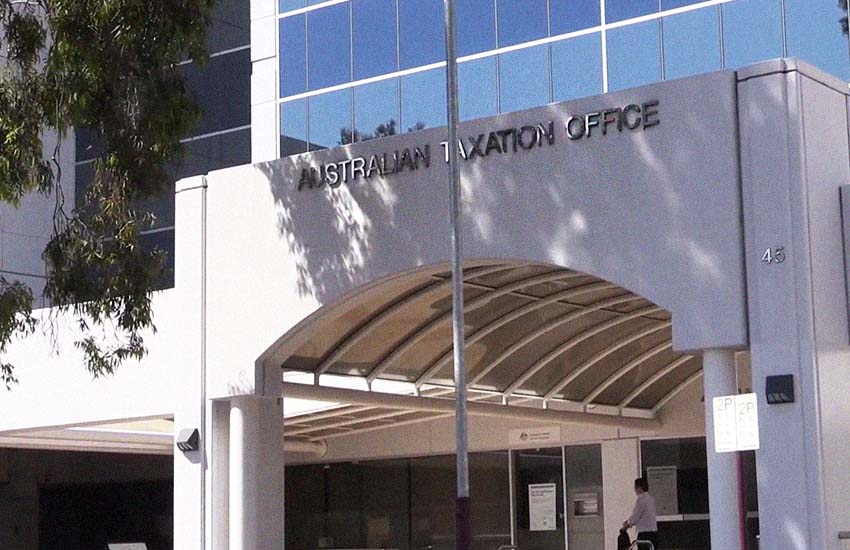The ATO has revealed that 172,000 individual tax lodgements were received on 1 July, just under a quarter of the 740,000 lodgements it received in its “biggest 1 July ever” last year.
You’re out of free articles for this month
Discounting the unique circumstances that led to a surge in 2020, this year’s figures are still an increase from the 100,000 lodgements on 1 July 2019, and come despite the ATO stating that it would only begin full processing of tax returns from 7 July this year.
Tax refunds are only expected to flow from 16 July.
The rush to lodge early also comes despite the fact that the ATO has given employers until the end of July to complete their Single Touch Payroll finalisation declaration in light of the COVID-19 pandemic.
ATO assistant commissioner Tim Loh said lodging before income statements are finalised was an easy way to run into mistakes that could slow down refunds.
“We understand the rush to get a refund as fast as possible, but racing to lodge your return can often lead to easily avoidable mistakes,” said Mr Loh.
“Waiting until the end of July to lodge allows the ATO to add information into your tax return from employers, banks, private health insurers and government agencies into your tax return. Agents can access this information, too.
“By allowing more time, your return will be easy, speedy and, importantly, more accurate. By avoiding mistakes, we’ll be able to process your refund faster.”
According to the ATO, more than 230,000 returns are adjusted each year using third-party data, with individuals commonly failing to include all their income, including interest, dividends and rental income.
The ATO’s data-matching programs are now in full swing, with the Tax Office having oversight over cryptocurrency transactions, gig economy jobs, share transactions, and property and rent data.
The Tax Office has also warned taxpayers not to “copy and paste” deductions from previous years, with its data analytics to focus on unusually high claims this year.
“Four out of five people get refunds at tax time. While we usually get these out in under two weeks, it may take longer if we need to address any mistakes and potentially adjust your return,” Mr Loh said.
“To avoid errors and delays, we ask that you double check all the information in your return before hitting submit.”
Jotham Lian
AUTHOR
Jotham Lian is the editor of Accountants Daily, the leading source of breaking news, analysis and insight for Australian accounting professionals.
Before joining the team in 2017, Jotham wrote for a range of national mastheads including the Sydney Morning Herald, and Channel NewsAsia.
You can email Jotham at: This email address is being protected from spambots. You need JavaScript enabled to view it.

 Login
Login







